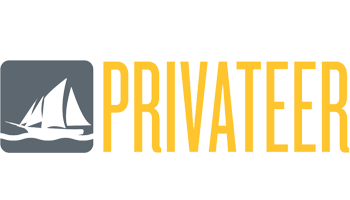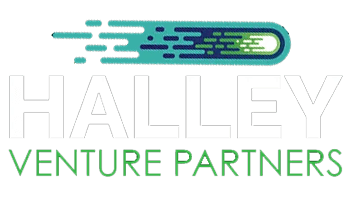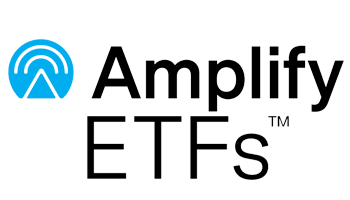Introduction
In the ever-evolving cannabis industry, staying informed and up-to-date is crucial for maintaining a competitive edge. Educational apps and tools offer a powerful way to gain knowledge, enhance skills, and streamline operations. This comprehensive guide explores the various benefits of utilizing educational apps and tools for your cannabis business, highlighting how these resources can drive growth and efficiency.
Enhancing Industry Knowledge and Skills
Access to Specialized Information
Educational apps and tools provide access to a wealth of specialized information tailored to the cannabis industry. Whether it’s learning about cultivation techniques, understanding regulatory compliance, or exploring market trends, these resources offer in-depth knowledge that helps businesses stay ahead in a competitive landscape.
Continuous Learning Opportunities
The cannabis industry is rapidly evolving, with new technologies, regulations, and best practices emerging regularly. Educational apps facilitate continuous learning by offering updated content, courses, and training programs. This ensures that employees and business owners can keep their skills and knowledge current, adapting to industry changes effectively.
Improving Operational Efficiency
Streamlined Training Processes
Educational apps and tools streamline the training and onboarding processes for new employees. Interactive modules, video tutorials, and comprehensive guides make it easier for staff to learn essential skills and protocols quickly, reducing the time and resources needed for traditional training methods.
Data-Driven Decision Making [analytics tools, decision support]
Many educational tools come equipped with data analytics capabilities that assist in making informed business decisions. By analyzing industry trends, customer behavior, and operational metrics, these tools provide valuable insights that help businesses optimize their strategies and improve overall efficiency.
Enhancing Compliance and Risk Management
Staying Updated on Regulations
Regulatory compliance is a critical aspect of running a cannabis business. Educational apps often include features that keep users informed about the latest regulations and compliance requirements. This helps businesses avoid legal pitfalls and ensure that their operations adhere to industry standards.
Risk Management and Mitigation
Educational tools can also assist in risk management by providing access to best practices and risk assessment resources. Understanding potential risks and implementing mitigation strategies is essential for protecting your business from potential issues and maintaining operational stability.
Strengthening Marketing and Customer Engagement
Marketing Strategies and Insights
Educational apps and tools offer resources on effective marketing strategies and customer engagement techniques. By leveraging these insights, businesses can enhance their marketing efforts, build stronger customer relationships, and improve their overall market presence.
Enhancing Brand Awareness
Utilizing educational tools for brand development and awareness can help businesses craft compelling narratives and marketing campaigns. Resources on brand building, content creation, and digital marketing strategies provide actionable insights that contribute to increased visibility and brand recognition.
Latest Trends in Educational Apps & Tools for Cannabis
Integration of Virtual Reality (VR)
Virtual reality is becoming an innovative tool for cannabis education, offering immersive learning experiences. VR training modules provide realistic simulations for cultivation techniques, facility management, and safety protocols, enhancing the learning experience and improving skill acquisition.
AI-Powered Learning Platforms
Artificial intelligence is revolutionizing educational apps with personalized learning experiences. AI-powered platforms adapt to individual learning styles and needs, offering customized content and feedback that optimizes the learning process for users.
Gamification of Learning
Gamification is increasingly used to make learning more engaging and enjoyable. Educational apps that incorporate game-like elements, such as quizzes, rewards, and interactive challenges, enhance user engagement and retention, making education more effective and enjoyable.
Conclusion
Educational apps and tools offer numerous benefits for cannabis businesses, from enhancing industry knowledge and improving operational efficiency to strengthening compliance and marketing efforts. By leveraging these resources, businesses can stay informed, adapt to industry changes, and optimize their operations for sustained growth and success. Embracing the latest trends and innovations in educational technology further empowers businesses to excel in the dynamic cannabis industry.













